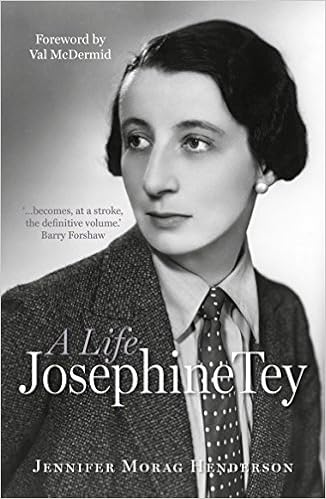 |
| Me at the Beginning: Hair washed, earrings in place and a pan-fried disaster |
This time, a year ago, I weighed 285. I'm not whining about this, and I'm certainly not bragging; I'm just stating a fact. A year ago my extra weight brought my life crashing to a halt. This seems like a good time to take stock.
If you had asked me, back then, if I could lose 100 pounds in a year, I would have cried and told you "No." It takes energy to burn extra pounds off, and I didn't have the "oomph" to clean my house or keep up at work, much less exercise. My house and yard needed cleaning and maintenance, my in-box was 7 inches thick, and I was in the middle of the disaster area, exhausted and overwhelmed. Get my life and my world back on track? I wasn't sure how to begin!
 |
| That's me on the left at 30 pounds down. I can tell even if you can't! |
I couldn't have made it through those first few months without the help of Weight Watchers. They didn't judge me, they taught me to consider what I ate, and they rejoiced over every ounce I dropped. They're still there today, full of helpful hints and encouragement and I look forward to seeing "my gals" at every meeting. My writing teacher, Javacia, says we each need to find "our tribe" and when we do, love them hard. Weight Watchers is my tribe, and I love Y'all. You keep me focused.
Fitbit was my sister's idea, just what you'd expect from an athletic, skinny woman. (Actually, she's perfect, but don't tell her I said so!) Fitbit gets me up and keeps me going, always looking out for ways to cram in more activity. I cleaned my closets to increased my Fitbit steps. I sanded and repainted my porch for the same reason. Each activity improved my health and my world, and because Fitbit always zeroes out at midnight, I can never rest on my laurels. Between Fitbit and WeightWatchers, I dropped the first 60 pounds. By then, I was ready for bigger measures.
 |
| 1-month post surgery: 2 chins still but now a hint of a waist. |
I don't think weight-loss surgery is for everyone, but it's been a wonder for me. Over the years, I had overeaten so much, my stomach had stretched, and I never felt full, even though I chased food like it was going out of style. Dr. Cameron Askew's gastric sleeve operation gives me a new lease on life, especially whenever we eat out. Three bites and then I start getting full; five bites and I'm done. I still have the curse of the emotional eater; the mindless drive to graze when I'm unhappy, but the surgery has done its work. I've dropped enough pounds to tackle bigger projects like replanting the garden and cutting back the trees that grew up while my weight tied me down.
 |
| 1 year later |
Now, none of this has been "easy" weight loss so far, and the journey is far from done. I can tell you what it's like to lose 30 pounds, walk into a store and find nothing large enough to fit me; about waking up stiff and sore from yesterday's workout to find the scale numbers went up, not down. I've outlasted at least two weight-loss plateaus. And it turns out I've got an ungodly allergy to poison oak. But on Tuesday, the reading on the scale was 184.5. One hundred pounds in a year. All of the sudden, I wasn't tired or itchy.
I still have fifty pounds to drop, bald spots on my lawn, and a second career that has yet to take off. But I'd be lying if I said life isn't better or I'm not a healthier or happier person. And, after everything's been said and done, I'm thrilled about what can change in a year.
